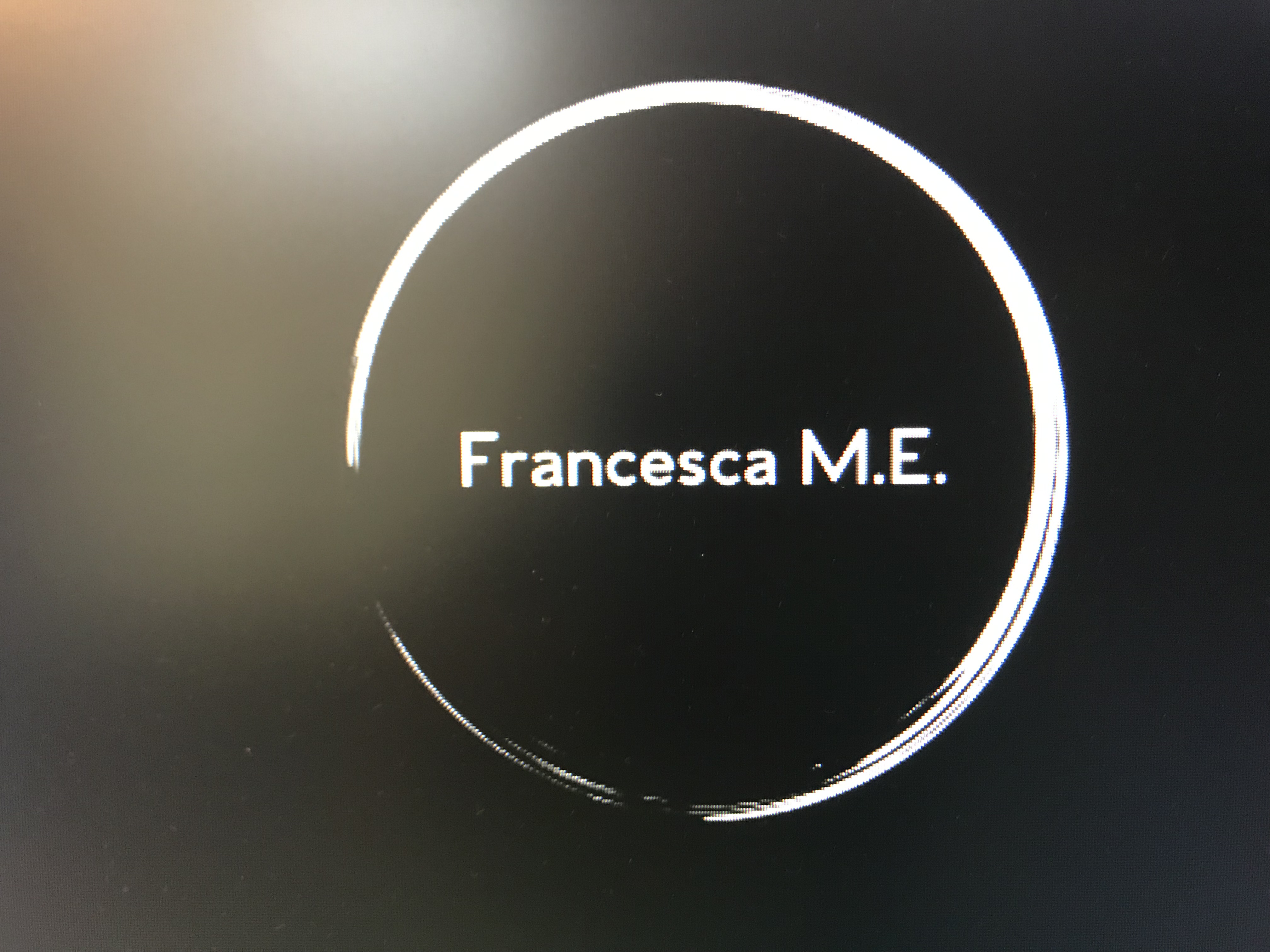What Is Trust?
 I thought about writing the topic of trust because it’s been on my mind lately. Given recent experiences, I have come to realize the vital importance of trust in a relationship.
I thought about writing the topic of trust because it’s been on my mind lately. Given recent experiences, I have come to realize the vital importance of trust in a relationship.
Having trust in ourselves is the key to happiness. If we trust ourselves, we know what we’re willing to put up with from anyone and live accordingly.
The most common thing we think about when trust is broken is that someone hurt someone. Most of us have faith that our family, partner, friends, etc., are trustworthy and won’t harm us. We have to choose which way we’re going to live: be trusting or not. When we trust in people, we might get disappointed. That’s just life. The more we invest in a relationship, the easier it is to get hurt by them.
No matter how much we want people to have our best interests at heart, we cannot control anyone else. Since most folks are self-motivated, relationships can be a gamble, especially if you’re like me: kind, loyal, genuine, empathetic, and generous. My experiences have made me aware that not everyone deserves my trust.
In close relationships, we want to trust that the other person will not do us harm. This trust includes feeling safe to be open, honest, and share the most vulnerable part of ourselves—our innermost selves, our souls. We all want to be respected, be acknowledged for who we are, have our goals and dreams taken seriously, and be told truths in a kind manner.
If a relationship no longer serves you well, and you choose to end it, please do so in a mature and respectful manner that explains why. When trust is broken, it isn’t easy to repair, and that could mean the end of a relationship.
When discussing trust in a romantic relationship, we often focus on being faithful, but there are many other levels of trust. Being in a serious, monogamous relationship entails certain expectations, such as loving one another, being faithful, respecting each other, listening to hear, not to defend ourselves, and showing compassion and empathy for one another. It also provides a safe space for one another to thrive as our authentic selves, free from the fear of judgment or criticism.
Still, there are other ways we show and receive trust in relationships.
Trusting each other means:
- We listen and care about what each other has to say, provided it’s not lunacy, hurtful, and/or repetitive nonsense.
- We trust that our relationship with our partner is a genuine adult partnership, not a power struggle over who holds more importance.
- We pay attention and want what’s best for each other, even if it means it goes against what we want for them. We put our selfish needs aside for the good health of the relationship.
- When we live with someone we trust that we share the same concern for the living environment. We trust that household responsibilities are fairly handled so there’s no resentment.
- Believing that those around us have our best interests at heart and that they show a desire to support what makes us happy and whole.
- We believe we won’t be harmed with words, situations, or actions.
Some folks, when trust is broken, find it easier not to trust again. They choose that path to protect themselves from ever getting hurt again. The problem with giving up trusting someone else is that it keeps the pain lingering, and then we can turn into paranoid, bitter, mean jerks. We think we’re protecting ourselves when, in reality, we’re replaying the pain over and over, which is the opposite of true protection.
Trust is not given, it is earned. The most dreadful pain comes from trusting someone and they do something to hurt us, we forgive and trust again, and get hurt again by them. That shatters any trust. Trust is fickle and easily broken under the right circumstances, such as when a promise is broken again. That’s when it can be too little, too late.
If a relationship is important for the right reasons— mutual respect, love, and compassion — a person is more likely to think twice about breaking that trust. Healthy relationships are built upon trust, where both parties trust the other won’t hurt them. That’s a good place to be in a relationship, and if you have it, cherish it.
When things don’t work out in a relationship, it can be hurtful. As trust is damaged, oh boy, the pain can be mighty. After calmness sets in, it’s good to appreciate the experience learned and choose better the next time. As we get stronger, we’ll be able to trust again. If we don’t, we’ll get stuck. That’s how we’re built. When we feel comfortable being open and honest, we experience a sense of fulfillment. We’re most content being ourselves, and we’re not meant to be alone.
Trust in yourself first and foremost. Knowing who we are is the foundation for all relationships, beginning with ourselves. Being honest with yourself helps you to be honest with others. If we feel the need to hide and fear rejection or pain, we are not in a healthy relationship and need to do better for ourselves and move on. There are other people out there who will appreciate and honor who we are. We need to trust in that.
Thank you for reading this. I hope it gave you something positive to think about. That’s why I write these. I’d love to read your comments on trust.
To trust,
Francesca
